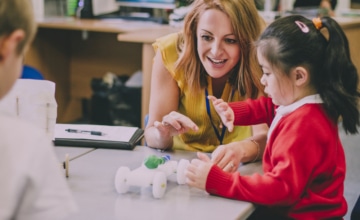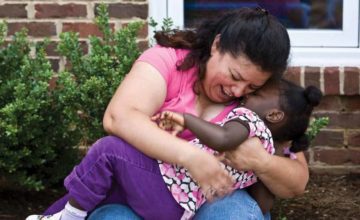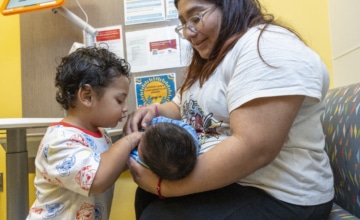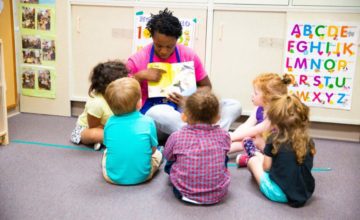
Resource
Problem Solvers: A Free Preschool STEM Curriculum
Children can learn about math, science and engineering through everyday play. Download our complete preschool and early STEM curriculum, activity guide and songs.
Details
We have been leading advocates for the mental health and well-being of young children for over four decades, and this experience has allowed us to develop an extensive resource base.
We invite families, professionals and advocates to explore our library of early childhood resources so we can continue to learn and grow together.
Explore our curated list of webinars, workshops and conferences aimed at early childhood professionals from all disciplines.
Find reading material, tools and early childhood teaching resources to support your interactions with toddlers, babies and their families.
Delve into resources concerning specific demographics, such as supporting military families or those involved with the child welfare system.
Access issue-based advocacy toolkits promoting policies that support babies and families.
Discover programs that enable community professionals to deliver more efficient services to families and young children.
Not sure where to start? Explore this selection of popular resources to get a feel for our dynamic organization.














Explore further by navigating through our key issue areas, finding out more about our work, exploring our online bookstore or finding early childhood development conferences and events.

The ZERO TO THREE resource center is your one-stop early childhood development platform, fully equipped with current tools, publications and event information. Stay abreast of new research and extend your professional network in one convenient place.
Want more? Consider becoming a ZERO TO THREE member or taking action to be a Baby Chamption.
|
Do you Believe In Babies?
|